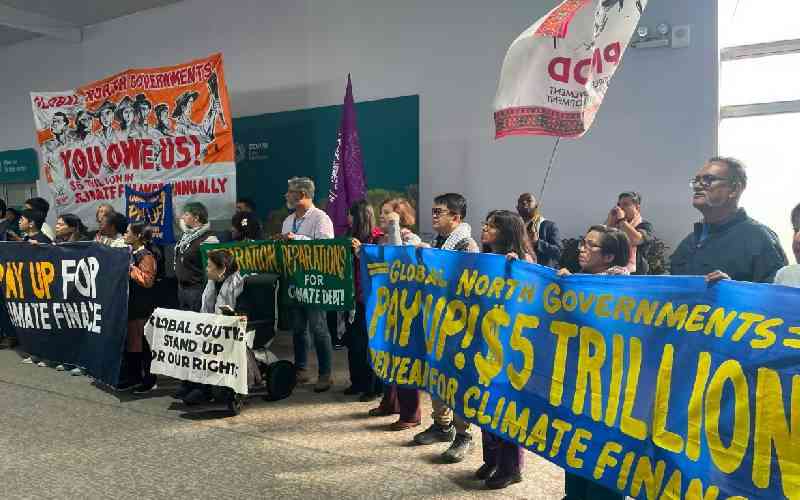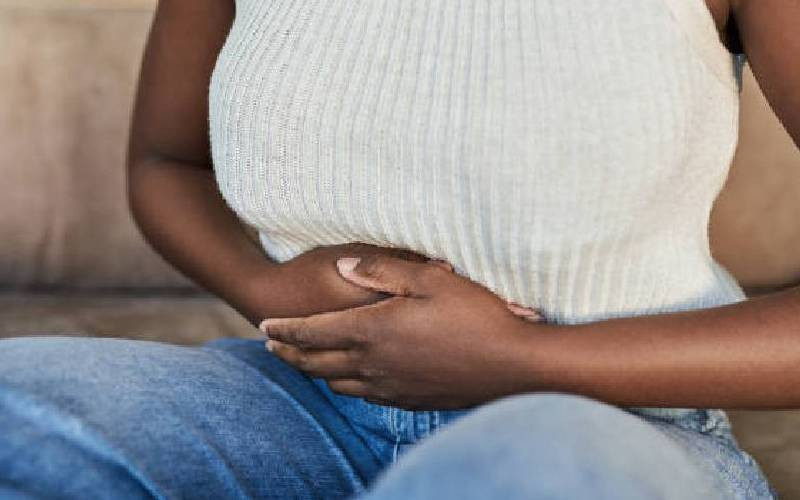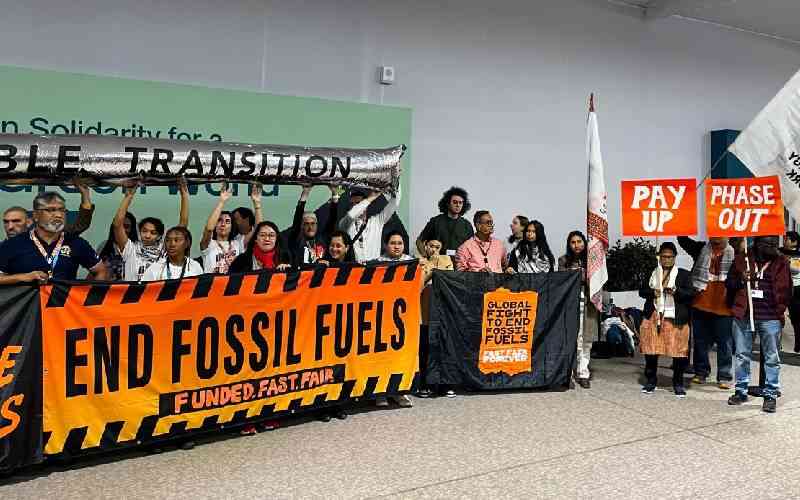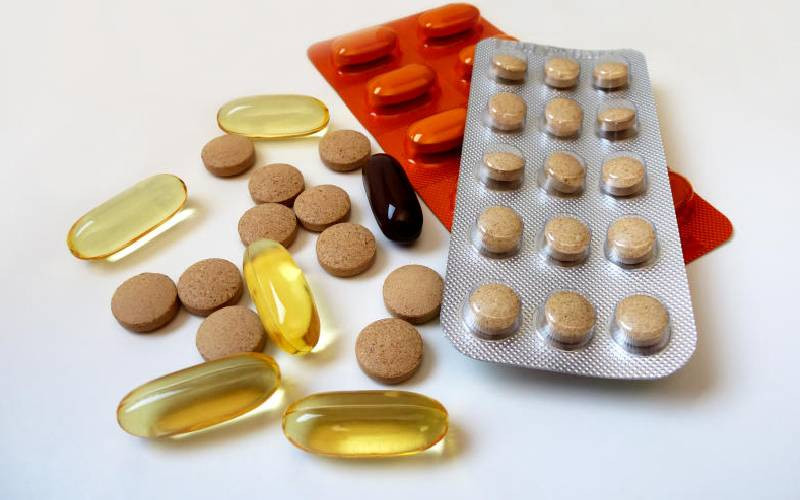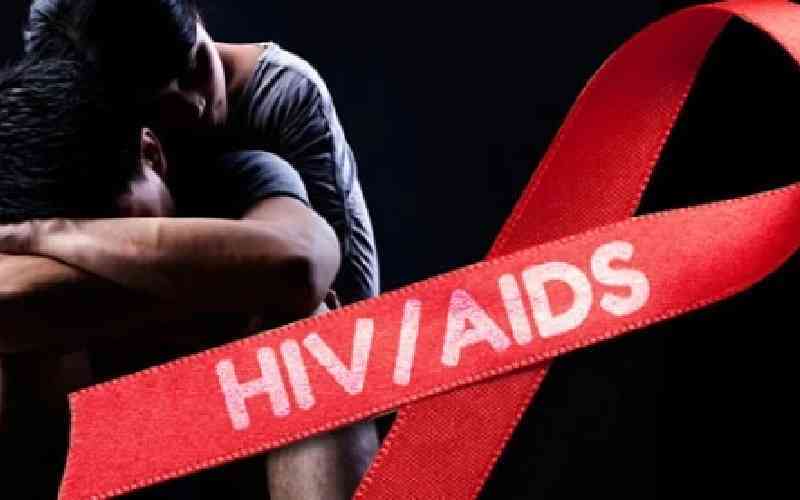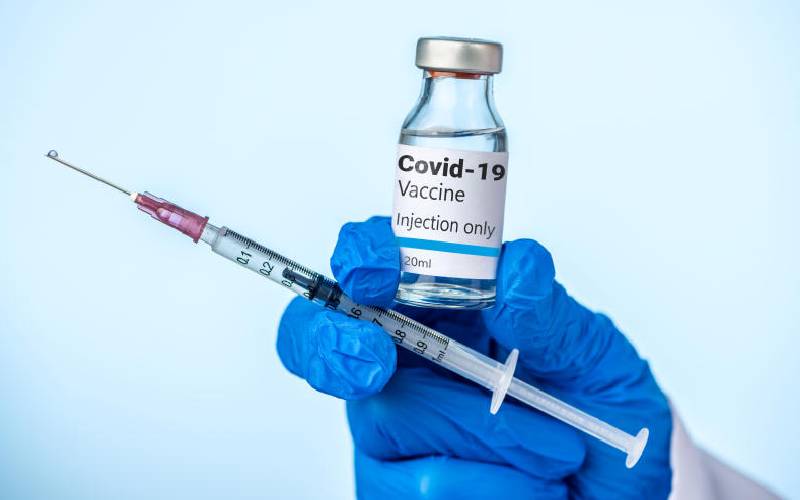
Kenya is in line to receive more than four million doses of coronavirus vaccines in an initiative geared to ensure equitable access to Covid-19 vaccines to developing nations.
The Covax initiative, which is led by the United Nations-backed vaccine alliance Gavi, the Coalition for Epidemic Preparedness Innovations and the World Health Organisation (WHO), published its first distribution list for the coronavirus vaccines on Wednesday, allocating Kenya 4,176,000 doses of the AstraZeneca/Oxford vaccine.
Kenya, with a population of 48 million, will receive vaccines made by the Serum Institute of India (SII) to immunise four per cent of the population or 2,088,000 people. One requires two injectable doses of the vaccine.
Additional doses of the vaccines will be available to the Covax facility as the year progresses.
Supply capacity
The Ministry of Health said last week it was expecting 24 million doses via the Covax scheme and would begin the vaccine roll-out this month, with an initial 1.25 million frontline workers targeted between February and June.
While the interim distribution forecast shared by Covax did not include the delivery date, the shipments are expected to take place before June.
Delivery of the AstraZeneca/Oxford vaccine is estimated to begin in late February, subject to the vaccine receiving emergency use approval. Its shipping will also be determined by manufacturing supply capacity.
The distribution list includes 240 million doses of the AstraZeneca-Oxford vaccine, licensed to the Serum Institute of India (SII); 96 million doses of AstraZeneca-Oxford vaccine; and 1.2 million doses of the Pfizer-BioNTech vaccine.
The Pfizer-BioNTech vaccine is the only one so far that has secured emergency use approval from WHO. An evaluation of the AstraZeneca-Oxford vaccine is currently underway.
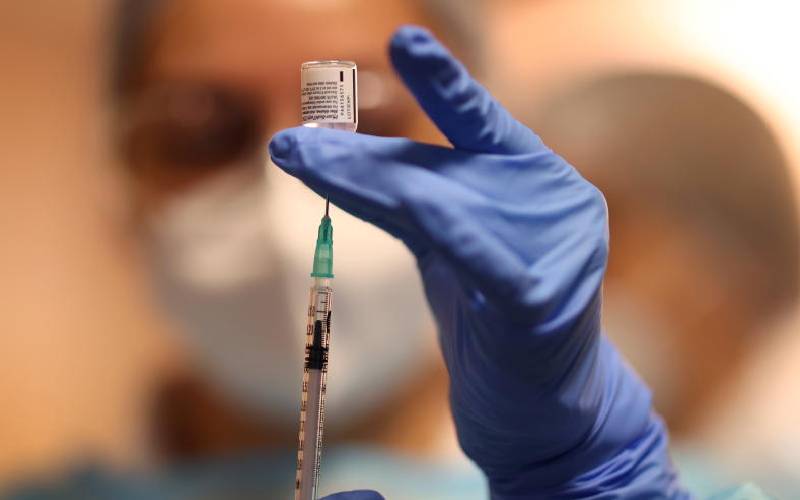
The total doses set for distribution in this initial phase will cover, on average, 3.3 per cent of the total population of the 145 participating countries.
A document accompanying the distribution plan, however, said it was non-binding and may be subject to change depending on a number of caveats, including the preparedness of the country to administer the vaccine.
Covax says notifying the countries of the distribution of vaccines to expect will help them plan and prepare.
“Nevertheless, Covax partners believe the publication of this information marks an important first step in providing governments and public health leaders with the information they need to put in place practical steps for the provision of early doses and a successful national roll-out of vaccines,” reads the document.
The vaccine distribution forecast was based on information of estimated availability from the manufacturers.
Place purchase order
Countries that have no vaccination schedules or protocols in place run the risk of missing out on the inoculations, Covax says.
“A country deemed not to be ready, no doses will be allocated in the final allocation, which may cause variations in the quantities allocated to the other participants,” the document said.
Other factors that will affect the delivery after allocation of vaccines will depend on the sequence of countries in the shipment plan, the time taken to place the purchase order, legal/regulatory obligations, as well as the supplier’s lead time and related logistics.
Covax is funded from donations to enable 92 lower- and lower-middle-income economies access the vaccine, Kenya included. Through Covax, countries such as Kenya expect a share of at least 1.3 billion donor-funded doses of approved vaccines in 2021.
 The Standard Group Plc is a multi-media organization with investments in media platforms spanning newspaper print
operations, television, radio broadcasting, digital and online services. The Standard Group is recognized as a
leading multi-media house in Kenya with a key influence in matters of national and international interest.
The Standard Group Plc is a multi-media organization with investments in media platforms spanning newspaper print
operations, television, radio broadcasting, digital and online services. The Standard Group is recognized as a
leading multi-media house in Kenya with a key influence in matters of national and international interest.



